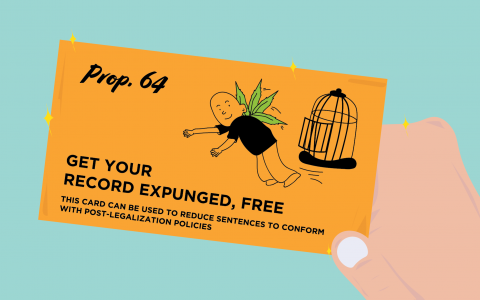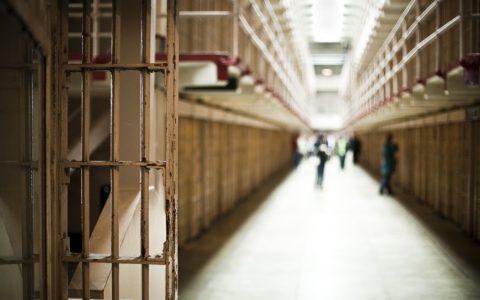When California voters passed Proposition 64 in 2016, legalizing cannabis for adult use, they didn’t merely end prohibition—they amended decades of bad policy. Criminalizing cannabis activity among responsible adults had proven to be a wrong that the citizens of California wanted made right. So Prop 64 stated that people with cannabis-related convictions can remove them from their records.
Equity First Alliance
That process hasn’t been smooth. Expungement costs can run to hundreds of dollars. It can take months to petition the correct county courts. Most people have to hire a lawyer to get it done. But this week, 20 organizations under the umbrella of the Equity First Alliance launched National Expungement Week to wipe records clean nationwide.
In California, the millions of residents with records can attend clinics in San Francisco or Los Angeles on Friday, Oct. 27. Thirteen big cities will hold expungement clinics this week to further the intent of legalization laws. Some clinics also provide help finding jobs, registering to vote, seeing a doctor, and other services.
About 77 million Americans have cannabis convictions on their records, according to the campaign website. “These convictions can restrict access to housing, employment, education, public assistance, and voting rights long after sentences have been served.”
Californians need clinics, despite the recent passage of a state law, Assembly Bill 1793, which automates expungement. That law won’t take effect until Jan. 2019, and even then it will take local county officials months to process expungement petitions.
Expungement helps address a new facet of legalization: Those who suffered the most under failed drug laws are often locked out of the fast-growing multi-billion-dollar industry. A felony conviction can prevent licensure in many states. Meanwhile, corporate leviathans like Constellation Brands, run by executives who were never threatened by the drug war, have taken huge cannabis stakes.
Lingering criminal records compound the challenges faced by people of color in the US, as well. According to the Drug Policy Alliance, black people in 2010 were 3.73 times more likely to be convicted for a cannabis offense than white people, despite similar use rates. Both groups use cannabis more than Latinos, who also have higher conviction rates for marijuana than white people.
- In San Francisco, the N.E.W. expungement clinic will be held on Saturday, Oct. 27 from 12 p.m. to 1:30 p.m. at the Golden Gate University School of Law. There will be a legal panel from 1:30 p.m. to 3 p.m., followed by networking.
- On the same day, there will be two clinics in the Los Angeles area: one from 10 a.m. to 2 p.m. at the LA Trade Technical College and another from 10 a.m. to noon at the Chucos Justice Center in Inglewood.
The Equity First Alliance offers an online toolkit for groups or individuals seeking to organize their own clinics.




